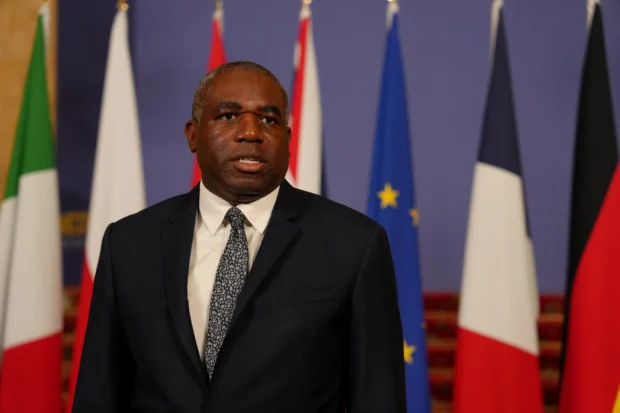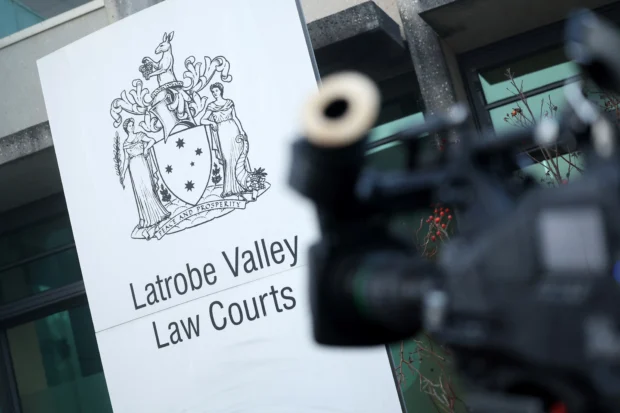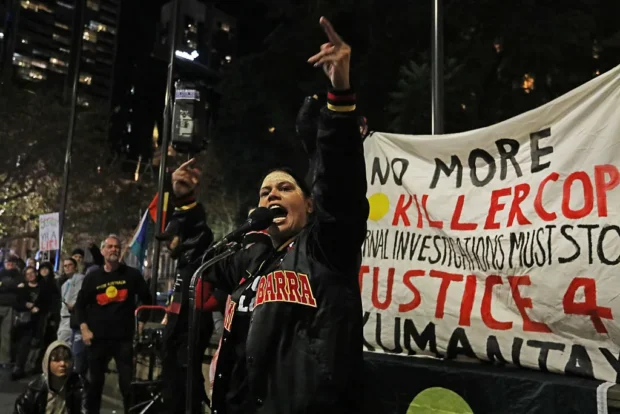
The US Supreme Court has ruled in favor of the Trump administration’s bid to end deportation protections for approximately 350,000 Venezuelans living in the United States.
The ruling removes a hold placed by a California judge that had preserved Temporary Protected Status (TPS) for Venezuelans whose status would have expired last month. TPS allows individuals to legally live and work in the US when their home countries are considered unsafe due to wars, natural disasters, or other “extraordinary and temporary” conditions.
This decision represents a victory for President Trump, who has frequently turned to the Supreme Court to implement immigration policy changes. The administration sought to terminate protections and work permits for migrants with TPS in April 2025, significantly earlier than their originally scheduled expiration in October 2026.
US government lawyers argued that the California federal court (US District Court for the Northern District of California) had undermined “the Executive Branch’s inherent powers as to immigration and foreign affairs” by blocking the administration from ending these protections in April.
Ahilan Arulanantham, representing TPS holders in the case, told the BBC he believes this to be “the largest single action stripping any group of non-citizens of immigration status in modern US history.” He expressed shock that “the Supreme Court authorized this action in a two-paragraph order with no reasoning,” adding that “the humanitarian and economic impact of the Court’s decision will be felt immediately, and will reverberate for generations.”
As this was an emergency appeal, Supreme Court justices did not provide their reasoning for the ruling. The court’s order noted only one dissent, from Justice Ketanji Brown Jackson.
The Trump administration is also expected to revoke TPS protections for tens of thousands of Haitians in August.
Monday’s Supreme Court ruling continues a pattern of decisions on immigration policies that the Trump administration has referred to the high court. Just last week, the administration requested that the Supreme Court end humanitarian parole for hundreds of thousands of Cuban, Haitian, Nicaraguan, and Venezuelan immigrants.
Despite these successes, the Trump administration faced a setback on Friday when the Supreme Court blocked attempts to use the 1798 Alien Enemies Act to deport immigrants in North Texas. Trump had sought to employ this centuries-old law to swiftly deport thousands from the US, but Supreme Court judges questioned the legality of the president’s action.












Be the first to leave a comment